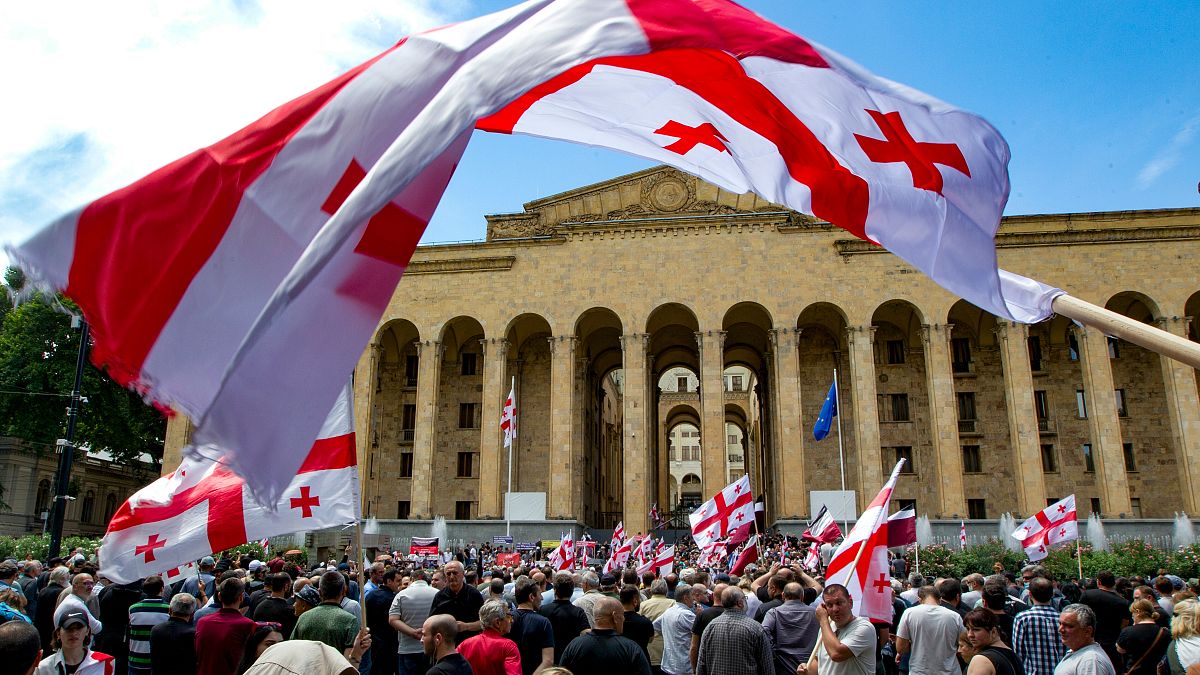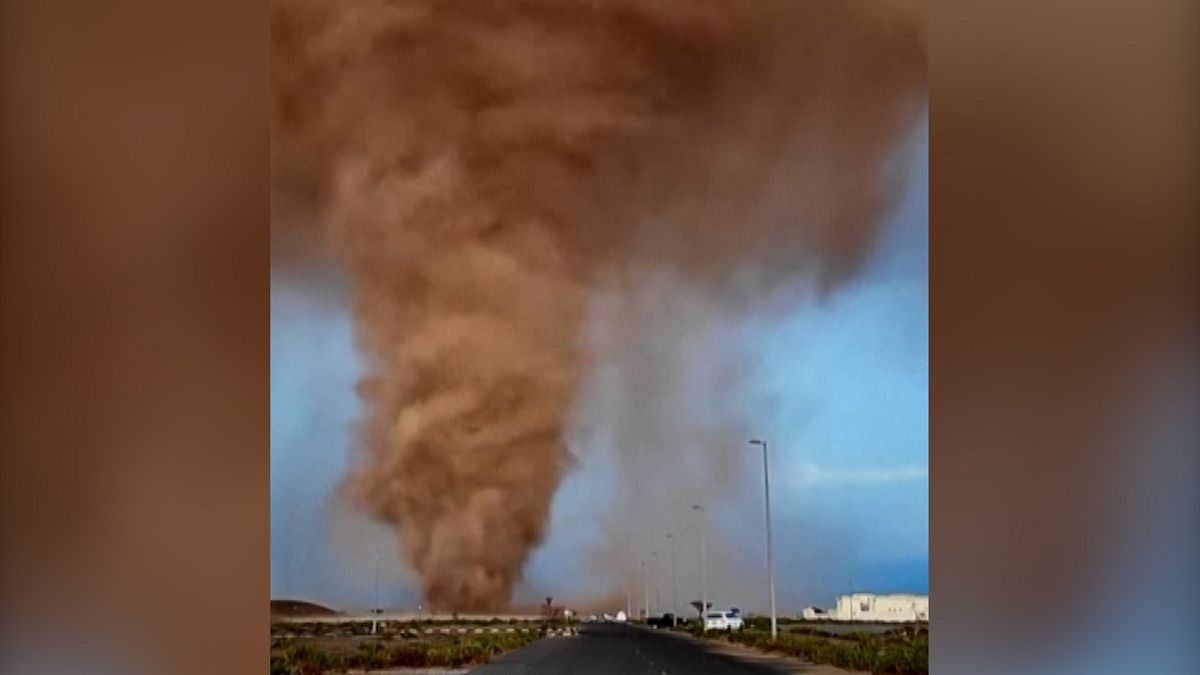Macron, Tusk to discuss Ukraine peacekeeping force
The leaders will discuss sending foreign troops to Ukraine after the war ends.
French President Emmanuel Macron will discuss with Polish Prime Minister Donald Tusk the deployment of a peacekeeping force in Ukraine post war when the two meet in Warsaw on Thursday, a European Union diplomat and a French official told POLITICO.
“It is true,” confirmed the EU diplomat when asked about a Polish media report claiming the two countries were talking over a potential 40,000-strong peacekeeping force composed of troops from foreign countries. The diplomat did not elaborate on which countries the soldiers might come from.
Both officials were granted anonymity to speak candidly about the sensitive subject.
The peacekeeping force proposal is separate from Macron’s previous idea to send military instructors to Ukraine during the ongoing war.
Earlier this week, Ukrainian President Volodymyr Zelenskyy seemingly referenced such a plan when meeting with Friedrich Merz, Germany’s likely next chancellor.
“I’ll tell you frankly, we can think and work on Emmanuel [Macron]’s position,” Zelenskyy told reporters. “Do you remember, he proposed that … troops of this or that country be present in some territories of Ukraine, which would guarantee us security while Ukraine is not in NATO.”
“But we must have a clear understanding before that when Ukraine will be in the EU and when Ukraine will be in NATO,” he added.
He also emphasized Ukraine’s need for security guarantees when he met with United States President-elect Donald Trump in Paris over the weekend.
Ukraine’s top ask is to receive a formal invitation to join NATO, but members like the U.S. and Germany are balking at that, concerned about getting drawn into a war with Russia. Without NATO membership, Kyiv worries that any peace agreement would simply allow Russia to catch its breath and then attack again once it has rebuilt its military.
Worried about Putin
Putting foreign peacekeepers into Ukraine could allay Kyiv’s fears that its allies would not step up if Russian leader Vladimir Putin resumes the war. Kyiv has the bitter experience of giving up its nuclear arsenal in 1994 in return for security promises that did not prevent a Russian attack.
“It is very clear that ending the war and winning the peace is only possible when Ukraine is in NATO and in the EU,” Ukraine’s Deputy Prime Minister Olha Stefanishyna told POLITICO.
German Foreign Minister Annalena Baerbock also addressed the issue when asked last week about a possible German role in any peacekeeping force.
“Of course everything that serves peace in the future” would be “supported by the German side with every effort,” she said.
However, Berlin’s official position has been resistant to any deployment plan. The Christian Democrats, likely to lead the government after an election in February, have been more open to helping Ukraine, but Merz said earlier this month that talk of a German peacekeeping mission in Ukraine was “irresponsible.”
Poland is also wary — especially of sending soldiers into Ukraine during the fighting.
Sending Polish troops to Ukraine is “out of the question at this point,” Defense Minister Władyslaw Kosiniak-Kamysz said Tuesday. He said that Macron had raised the possibility in February, but when Kosiniak-Kamysz was in Paris last month the issue did not come up.
The Polish minister insisted that any such step would have to be taken by NATO.
“Various scenarios are on the table. We will proceed as an alliance. NATO must play a key role here, not individual countries,” he said.
It’s not clear if those reservations also apply to a postwar peacekeeping effort.
Other senior officials have also broached the subject.
EU foreign policy chief Kaja Kallas said during a recent visit to Kyiv that soldiers from EU countries could one day serve in Ukraine. “I think we should really not rule anything out,” she said.
The Trump factor
There is growing pressure on European countries to take the lead over Ukraine as Trump has made clear he thinks Europe has been lagging in helping Kyiv and that he aims to end the war within a day of taking office on Jan. 20.
“There should be an immediate ceasefire and negotiations should begin,” Trump wrote in a post on his social media platform Truth Social.
He also warned that Ukraine will “possibly” receive less military aid once he takes office, and underlined that the U.S. would “absolutely” consider quitting NATO if other members don’t hit their defense spending targets.
The Wall Street Journal reported last month that Trump’s advisers are suggesting a peace plan that would freeze the fighting along current front lines, force Ukraine to suspend its NATO membership bid for at least 20 years, and police the demilitarized zone between the two sides with troops from the EU and the United Kingdom.
The Elysée presidential palace said in a statement that Macron was traveling to Poland to discuss Ukraine “in a new transatlantic context.” A spokesperson for Macron did not supply a comment for this story.
What's Your Reaction?



















































